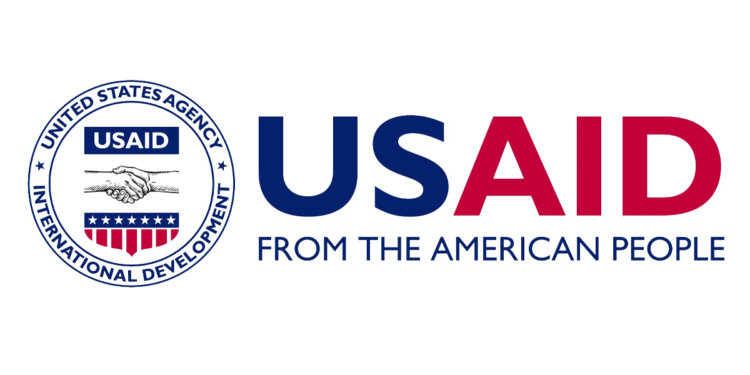The United States Agency for International Development (USAID) is undergoing a historic downsizing, reducing its workforce from 14,000 employees to just 294.
The drastic cut over 95% of its staff—has raised significant concerns about the future of U.S. global development assistance, particularly in Africa, where only 12 personnel will be assigned to oversee programs across the continent. The move comes amid broader restructuring efforts within the agency, signalling a major shift in U.S. foreign aid priorities.
The revelation came to light through an email shared by Atul Gawande, USAID’s former head of global health, on Thursday afternoon. “Rubio claims that USAID lifesaving assistance for health and humanitarian needs will continue,” Gawande posted on social media platform X, referring to Secretary of State and acting USAID Administrator Marco Rubio. “But his team just communicated that the entire agency will be imminently reduced from 14,000 to 294 people.”
An internal document detailing the staff allocation highlights the magnitude of the cuts: 78 employees will remain in the Bureau for Humanitarian Assistance, 77 in the Bureau for Global Health, and 75 in management. Regional assignments are similarly stark, with only 21 staffers focusing on the Middle East, 12 on Africa, 10 on Europe and Eurasia, eight on Asia, and eight on Latin America and the Caribbean.
The significant reduction in personnel raises concerns about the agency’s ability to respond effectively to crises, particularly in regions facing ongoing humanitarian emergencies.
Further, USAID’s Bureau of Resilience, Environment, and Food Security, along with the Bureau of Inclusive Growth, Partnerships, and Innovation, will be eliminated, according to two former and current USAID staffers speaking to Devex (one of the foreign news agencies). These divisions were critical in implementing long-term sustainability programs, including climate resilience initiatives, economic empowerment projects, and agricultural support programs aimed at improving food security in vulnerable regions.
One day before the announcement, USAID’s website confirmed that nearly all direct hires would be placed on administrative leave by midnight on Friday, Feb. 7. The abrupt nature of the decision has left employees in shock, with many expressing concerns about ongoing projects and contracts. The impact of these cuts is expected to be widespread, affecting not just USAID personnel but also the communities and organizations that rely on U.S. foreign aid funding.
“These people worked selflessly for their country in some of the earth’s most impoverished or dangerous places under GOP and Dems alike,” Gawande tweeted. “One long-time foreign service officer told me: ‘Our government is attacking us. This is worse than any dictatorship where I’ve worked.’”
Development experts and humanitarian organizations have voiced deep concerns about the ramifications of the downsizing. The reduction in USAID staff could significantly weaken U.S. global influence and its ability to support international development efforts. Critics argue that the cuts may lead to a decline in aid effectiveness, reduced oversight on projects, and a potential vacuum that could be filled by other global powers with competing interests.
The sweeping reductions signal a significant shift in U.S. foreign aid strategy, raising critical questions about America’s role in global humanitarian and development initiatives. The coming weeks will likely see intensified debates in Congress, as lawmakers, advocacy groups, and international partners assess the impact of this unprecedented move on the global aid landscape.
Do you have a story in your community or an opinion to share with us: Email us at editorial@watchdoguganda.com









